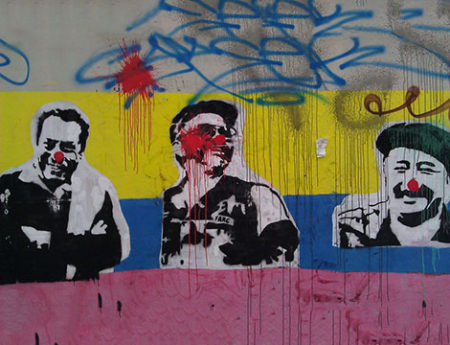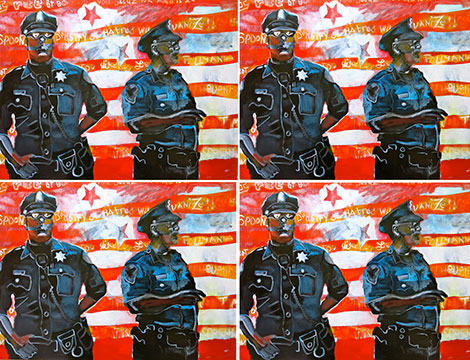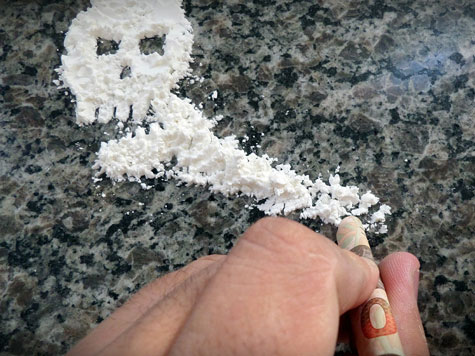
This article was originally published by the International Crisis Group (ICG) on 9 March 2017.
When Colombians streamed to the polls four months ago to vote in a plebiscite to accept or reject a peace agreement with the country’s leading guerrilla group, the Revolutionary Armed Forces of Colombia (FARC), opinion polls predicted a resounding victory for the accord. Many citizens and internationals expected that the world’s second longest continuous armed conflict and one of its oldest Marxist insurgencies would soon become an historical relic.
In Havana, the FARC leadership and its negotiating team sat with journalists to watch the votes come in. Once the result was announced – the accord was rejected by less than one-half of 1 per cent – the guerrilla group retired to a private meeting at which its leaders decided the loss was only a temporary setback. “The FARC-EP maintains its will to find peace”, declared FARC leader Timochenko that same day, “and reiterates its willingness to use words as the only weapon to build a [new] future”.




